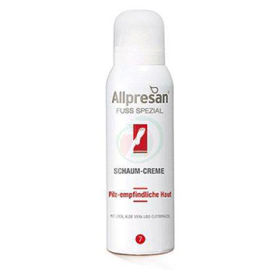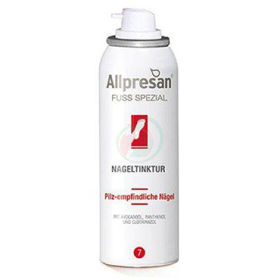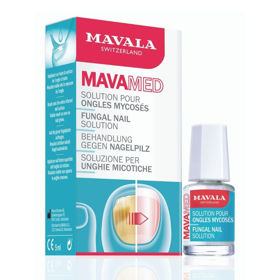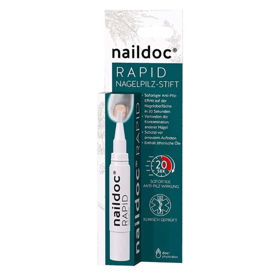The management of the Dermatovenereological Clinic UKC Ljubljana warns of misleading online advertising of Keramin cream. Misleading information in Keramin cream advertising includes, among other things, unjustified claims about the allegedly most effective product against nail fungus.
In addition, the dermatology profession is abused for promotion and sales, and many untruths are stated. The ad also includes fake names of doctors and alleged dermatologist specialists.
Consumers are urged to be careful when buying beauty and health products online, not to fall for such scams, and to always check at least the name and address of the provider and manufacturer before purchasing.
Which medicines are proven to work against foot fungus?
Several types of antifungal medications are often used to treat foot fungus. The effectiveness of these treatments may vary depending on the severity of the infection, adherence to the treatment regimen, and other factors. Always consult a doctor, pharmacist, or dermatologist to determine the best treatment for toenail fungus.
Here are some common antifungal medications for athlete's foot:
- Topical antifungals are applied directly to the skin. Some can be bought over the counter, while others require a prescription.
- Oral antifungals are taken in tablet form and are usually prescribed for more severe infections or when topical treatment has not worked. They may have more side effects and may require monitoring of liver function.
- Home Remedies: Some people find relief by using home or natural remedies. Commonly cited remedies include soaking with tea tree oil, garlic, and vinegar.
Prevention is always the best medicine. Here are some ways to reduce your risk:
- feet should be dry and clean
- wear shoes that breathe
- change your socks regularly
- avoid walking barefoot in public places such as changing rooms or swimming pools
- if you are prone to infections, use antifungal sprays or powders
Be careful
Being aware of online fraud is crucial for several reasons. Scammers often lure unsuspecting customers with products that seem too good to be true. If you fall for these scams, you may lose money without receiving the promised product, or you may end up with a fake or substandard product.
Many scam websites are designed to collect personal and financial information. By providing this information, you risk identity theft, unauthorized financial transactions, and other forms of fraud.
Using counterfeit or unregulated creams and other skin care products can be dangerous. They may contain harmful ingredients that can cause allergic reactions, skin irritation, or severe health problems. You cannot know the quality control or hygiene standards used in manufacturing these products.
Fraudsters often make unsubstantiated claims about their products and promise results they cannot deliver. This can lead you to believe that you are buying a product that will solve your problems, but in reality, it may not help or even make the problem worse.












 Facebook
Facebook
 Instagram
Instagram
 info@moja-lekarna.com
info@moja-lekarna.com

